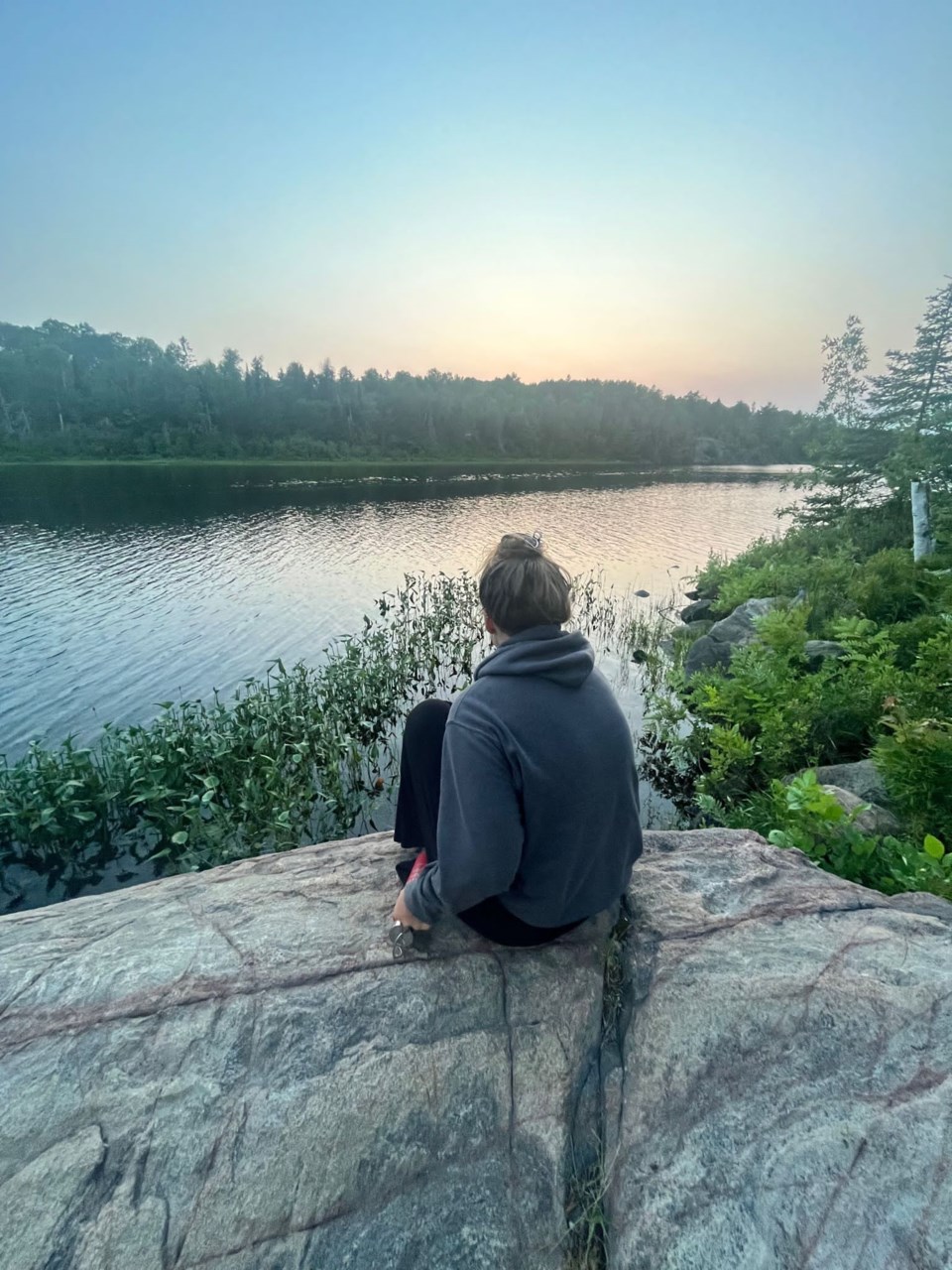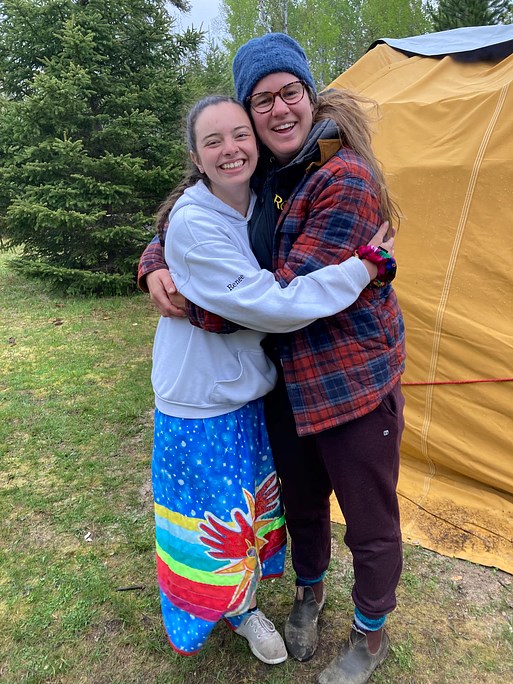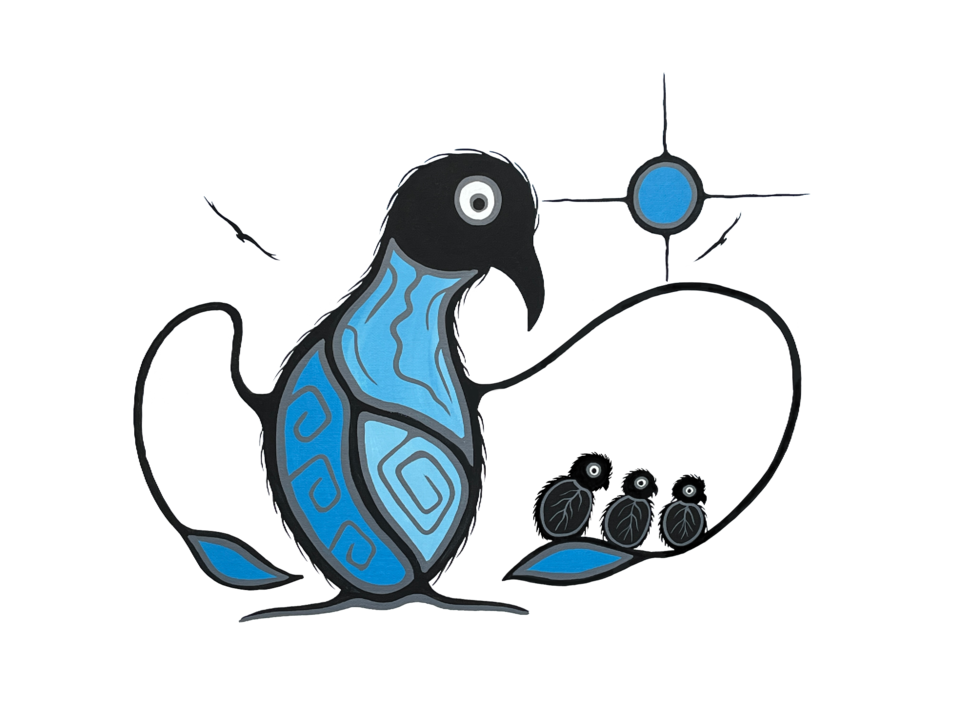This June 25-27, 2024 Laurentian University will be hosting the 2024 National Building Reconciliation Forum, a pivotal event aimed at implementing TRC calls to action, sharing ideas, promoting leadership initiatives, and strengthening Indigenous educational opportunities.
The Reconciliation Forum serves as a platform for stakeholders from academia, government, business, and Indigenous communities to advance the work of universities in response to the Truth and Reconciliation Commission’s Calls to Action. Dominic Beaudry, Laurentian University’s Associate Vice-President for Academic and Indigenous Programs is an administrator, Anishinaabe historian and language advocate who brings extensive experience in Indigenous education and land-based learning.
Beaudry believes Laurentian University is the perfect location in Ontario to host such an event. He says, “Indigenous education and reconciliation are core to Laurentian University’s tricultural identity, and we are honoured to host the Forum. We hope to grow an understanding of what universities can do to advance the work and impact of reconciliation.”
Truth and Reconciliation Commission’s Calls to Action
A focus of the Forum will be Anishnaabe world views and the Indigenous community’s relationships with the City of Sudbury. An important aspect of the Forum is examining the types of relationships and partnerships being built between the local urban and Indigenous communities to ensure success in education.
The Forum has been hosted by different universities across the country to meaningfully engage with local communities and engage in conversations about:
- Strengthening Indigenous education
- Building Indigenous leadership capacity
- Advancing Indigenous research
- Promoting Indigenous governance at universities
The Forum will encourage sharing of knowledge and experience in various formats including panel discussions, oral histories, workshops, lectures, and visual and performing arts presentations. Guest speaks, elders, and knowledge keepers will be engaged in advancing the Truth and Reconciliation Calls to Action.
Part of the Forum will encourage educators to have a serious look at the Truth and Reconciliation Calls to Action and how they will embed the calls into the daily work of universities and professors. Beaudry adds, “We’ll look at how we’re going to ensure we’re incorporating the Calls to Action to make education a safe place for Indigenous students. We must look at the diversity of perspectives in the classroom, the diversity of cultures and nations within our school to ensure education is inclusive. While the focus will be on Truth and Reconciliation, it is also about equity, diversity, and inclusion in education.”

Laurentian aspires to be a leader in equity, diversity and inclusion
In the ongoing journey towards reconciliation, Indigenous education stands as cornerstone for fostering understanding, respect, empowerment, and healing within Indigenous communities. Advancing Indigenous education and reconciliation have been top priorities for Laurentian University. Beaudry says, “The Reconciliation Forum is an opportunity for us to share the important work Laurentian University is doing to promote Indigenous programs.”
Laurentian has taken the initiative in being an innovative university in Ontario introducing various Indigenous focused programs. Beaudry says, “One of our most successful degrees is our Bachelor of Indigenous Social Work program . It’s a social work program with a healing and wellness component that aligns with the Truth and Reconciliation Calls to Action and is one of only three such programs in Canada. We’re leading in terms of Social Work to ensure we’re supporting Indigenous and non-Indigenous communities with healing and wellness focused professionals.”
Laurentian also offers a master’s degree in Indigenous Relations, a graduate program that prepares students to work at various levels of government and diverse sectors.
The only one of its kind in Canada, Laurentian has introduced a new land-based certificate program in the Anishinaabe language. Beaudry says, “It’s an innovative, 6-credit university course that is completed in 8 days and facilitated by an elder, and elder’s helper and being fully immersed in the land. Many universities offer Indigenous studies and language programs, but nobody is delivering an Indigenous land-based immersion program with faculty members who are elders.” Students converse and receive teachings on such things as sacred medicines and the significance of the pipe ceremony, exclusively in the Anishinaabe language. Beaudry says, “It’s an opportunity to assist with constructing sacred lodges and go for walks where the elder will describe plant medicines. It’s a unique experience offered at Laurentian.”
Laurentian goes a step further in adhering to its tricultural mandate; there is signage throughout the entire campus in the Anishnaabe language, including the language along with English and French .

Building Reconciliation Progress
Hosted by the Office of Academic and Indigenous Programs, the 2024 National Building Reconciliation program opening ceremonies will take place in the Indigenous Sharing and Learning Centre, commonly known as the Round Room, from June 25th to the 27th. It’s a traditional Anishinaabe Round Room design that has won architectural design award and is a safe learning space for Indigenous students where lectures, socials, mini pow-wows, and special events are held. Dominic Beaudry is excited about hosting the event and being able to share and showcase what Sudbury has to offer with hundreds of visitors from across the country. 350 participants are expected at the event.
There has been progress over the past 8 years in the appointment of Indigenous community members to leadership roles in education. For example, Laurentian is the first university to have an Associate Vice-President in Academic and Indigenous Programs.
There are many student success stories fostered by strong student support programs. Laurentian has an elder and counsellor that work directly with Indigenous students. Beaudry says, “We see success in that students are not only receiving undergraduate degrees but they’re also pursuing master’s and PhD degrees. We’re quite excited about the success stories which will be shared at the Reconciliation Forum.”
Discussions at the Forum influence policy development, community engagement, and societal attitudes towards reconciliation. The Forum provides a platform for Indigenous scholars, students, and knowledge keepers to share their expertise and lived experiences, amplifying Indigenous voices and perspectives in the broader discourse on education and reconciliation.
The National Building Reconciliation Forum is instrumental in shaping a future where Indigenous knowledge, languages, and cultures are valued, respected, and celebrated while ensuring Indigenous students share the same opportunities that allow them to pursue and enjoy a fulfilling education experience.
To register for the 2024 National Building Reconciliation Forum being held from June 25th to 27th at Laurentian University visit them online here.
